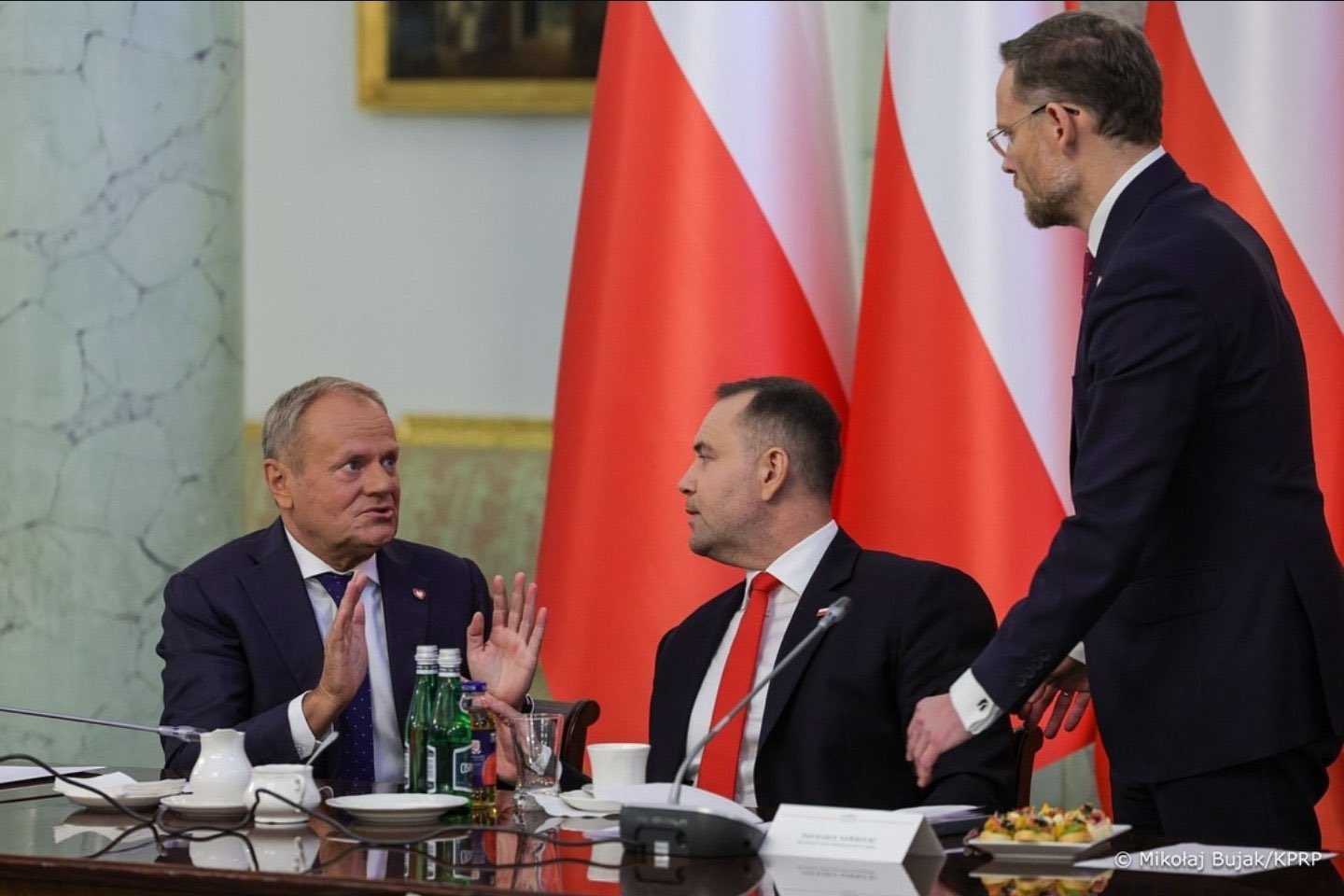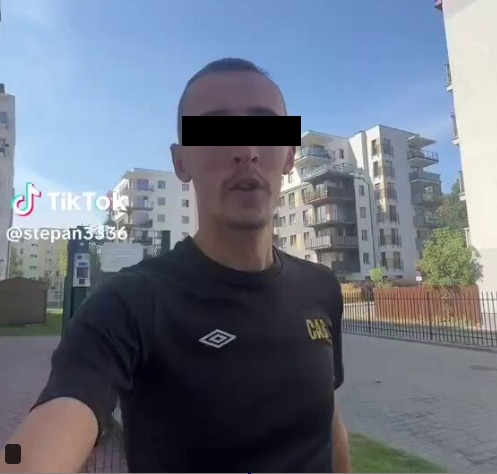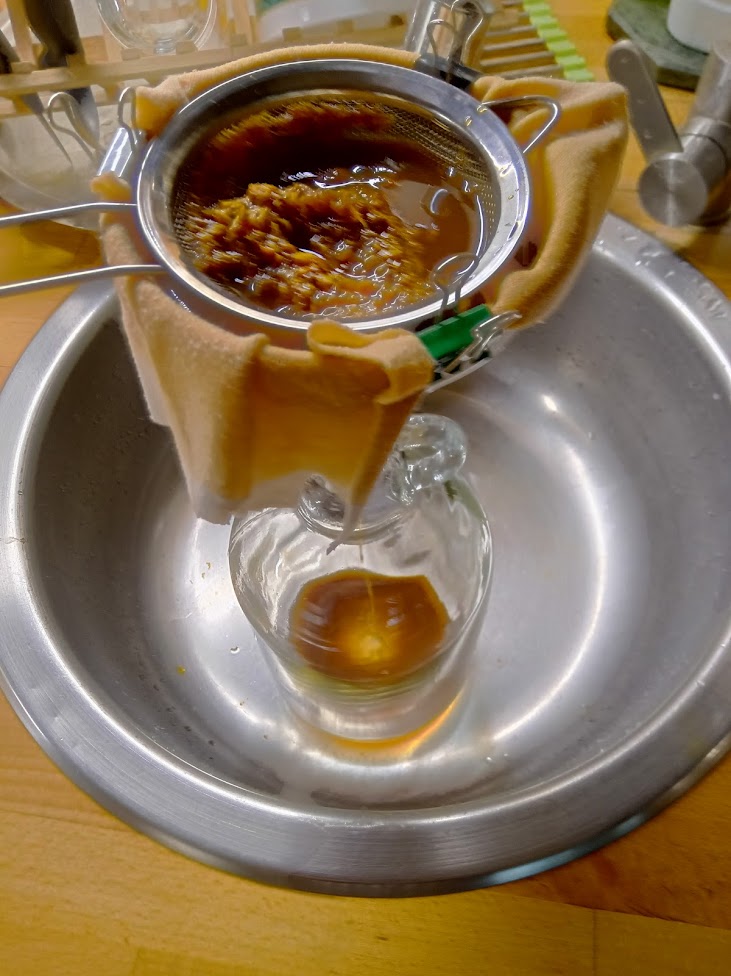The opposition to the proposed form of the Kraków Cleaner Transport region was joined by the unions of the CHP plant in Krakow. In a letter to president Alexander Miszalski, they appeal for dialog and thin over the possible consequences of bans in the city. They say directly: hindering energy workers from getting to work can affect the continuity and quality of the supply of electricity and heat for the city.
The position on the SCT case in Krakow was sent to the city president by Grzegorz Pietraszewski, president of the NSZZ Employees of the Continuous Movement at the CHP plant in Krakow. In the letter, trade unionists indicate how the city policy will hit workers, among others, strategical plants not only for the city but besides for the full agglomeration.
The issue was publicised by the Freedom and Property Foundation, which, as part of the "We will not give the City" initiative, combines efforts from many communities to defend citizens from an attack on their rights.
The CHP Unions in Krakow talk clearly – the restrictions proposed by the office will make many employees of the plant, including those liable for maintaining the continuity of production, lose the chance to travel to work. As it turns out, many workers – due to their working mode and their place of residence – are not able to access the CHP plant by collective communication. This 1 either doesn't work at certain times or does not operate calls at all.
“Elektrociepłownia in Krakow is simply a plant of strategical importance for the city of Krakow, employees work in 3 shift mode 5 brigades, which ensures continuous and unchangeable production of heat for the city and electricity for PSE. Due to the request to get the majority of workers employed outside the administrative boundaries of the city and the request to work in the shift system, commutes and return from work are carried out at the border hours. Public or private transport operators do not operate transport lines in specified unpopular hours. In addition, it should be noted that not all the localities from which the service is commuted are well communicated, and so the car is the only means of transport that seamlessly allows to scope the workplaces of the essential workers who supervise the technological process," the position states.
Not everyone is besides able to replace the vehicle with SCT-compliant. And let us remind that if the Krakowians were covered by a 5-year transitional period, so people from outside the city would... pay for entering the SCT in a vehicle with a low standard, and this anticipation would be limited in time.
As the link justifies: “Not all workers can afford to replace a vehicle that meets the assumptions of the SCT, especially within specified a short time frame. The plant, due to the European Green Deal, is besides waiting for major method upgrades and large investments, thus not certain about the expected increase in wages, which will be able to compensate for the expenditure incurred for the fast change in means of transport." Traders guarantee that they want to work to guarantee safety and seamless production. Therefore, they encourage the city to talk.
It is worth recalling that during the consultation in Krakow of the SCT project, residents in the vast majority voted against the introduction of the zone. They besides agreed that in the event of specified an obligation, the region should be kept to a minimum – e.g. the Main marketplace Square. This will was announced and confirmed by a vote in the courtroom 3 times – due to the fact that so many times officials met with residents in consultation.
More on We won't quit the city.
MA


















